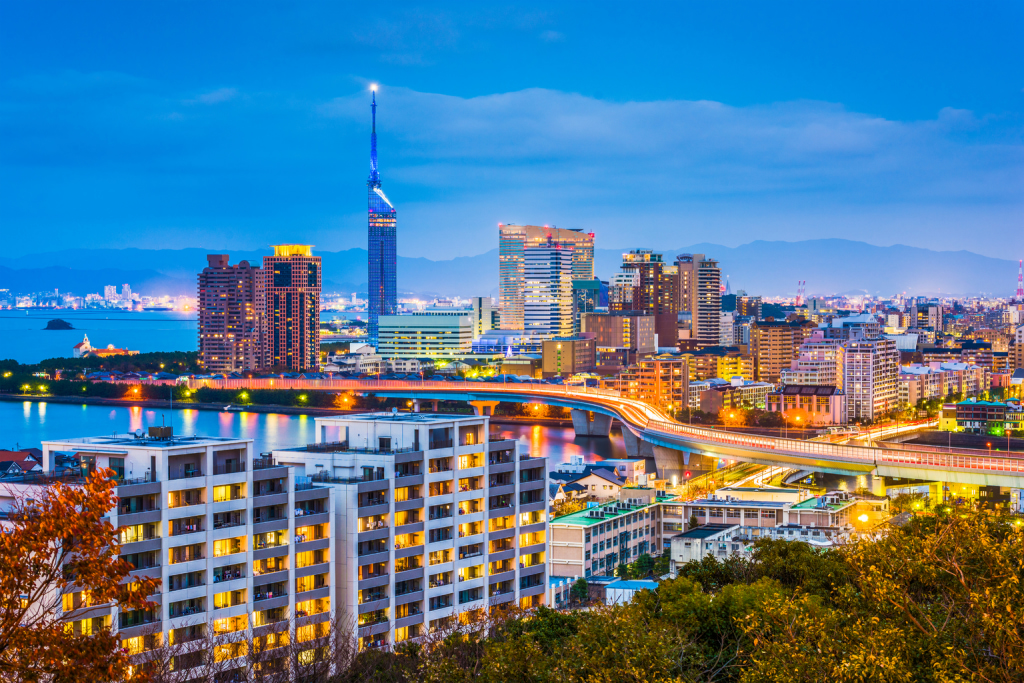It’s no secret that every startup hub wants to be the Silicon Valley of whatever country they’re based in. And Fukuoka, Kyushu’s largest city with 1.5 million residents, is one of Japan’s best places to stake that claim.
Long heralded as the “gateway to Asia,” Fukuoka occupies a central point between Tokyo, Osaka and Kobe to the east and Taipei, Shanghai and Seoul to the west. It has a manufacturing history stretching back to the old Edo-Period merchant town, Hakata – now a district of Fukuoka City, east of the Naka River – where distinct brands of pottery and textiles began to flourish in the 1600s.
During the early days of the digital revolution, however, Fukuoka turned its attention to silicon chips, witnessing a boom in semiconductor production. Major semiconductor firms, including Advantech Technologies Japan (formerly Omron Nohgata) and Rohm Apollo Co. Ltd., have remained in business in Fukuoka since the 1960s and helped lay the foundations of its innovation-focused future.
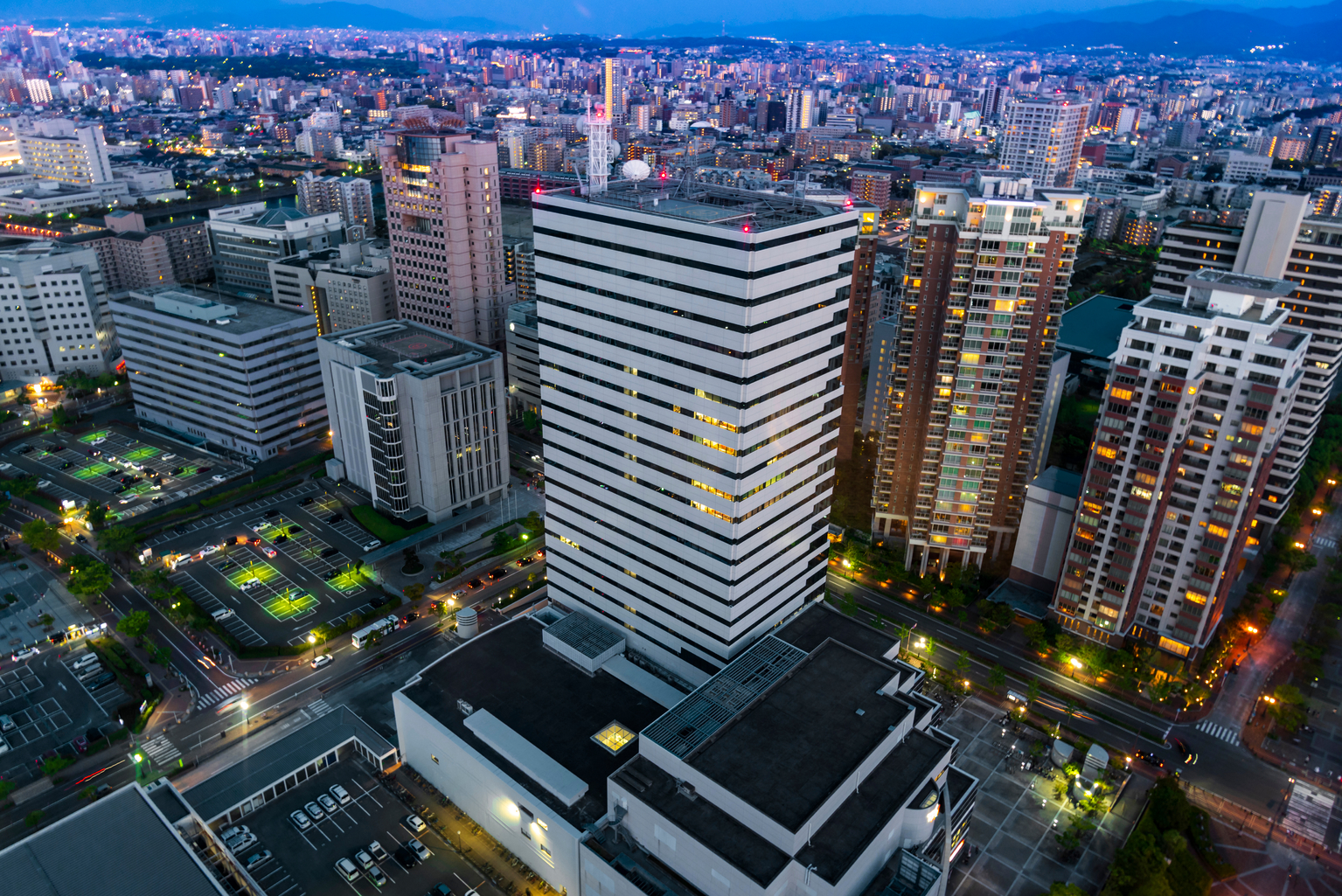
With rapid technological upheavals in the 21st century, continued slashing of red tape and the influence of cosmopolitanism, Fukuoka is now the most attractive city in Kyushu, and possibly Japan, to launch a startup. This has coincided with a burgeoning youth population (and therefore a solid future labor market) in a nation whose demographic model is aging by the day: according to data from 2020, almost a third of Fukuoka’s inhabitants were between 20 and 39 years old.
Meanwhile, the city’s laidback vibe has counterbalanced pressures to cede to the expectations of corporate Japan, allowing entry-level professionals to embrace more creative and risk-taking lifestyles: one survey of 16,000 Japanese twenty-somethings revealed that those with the fewest worries lived in Fukuoka Prefecture.
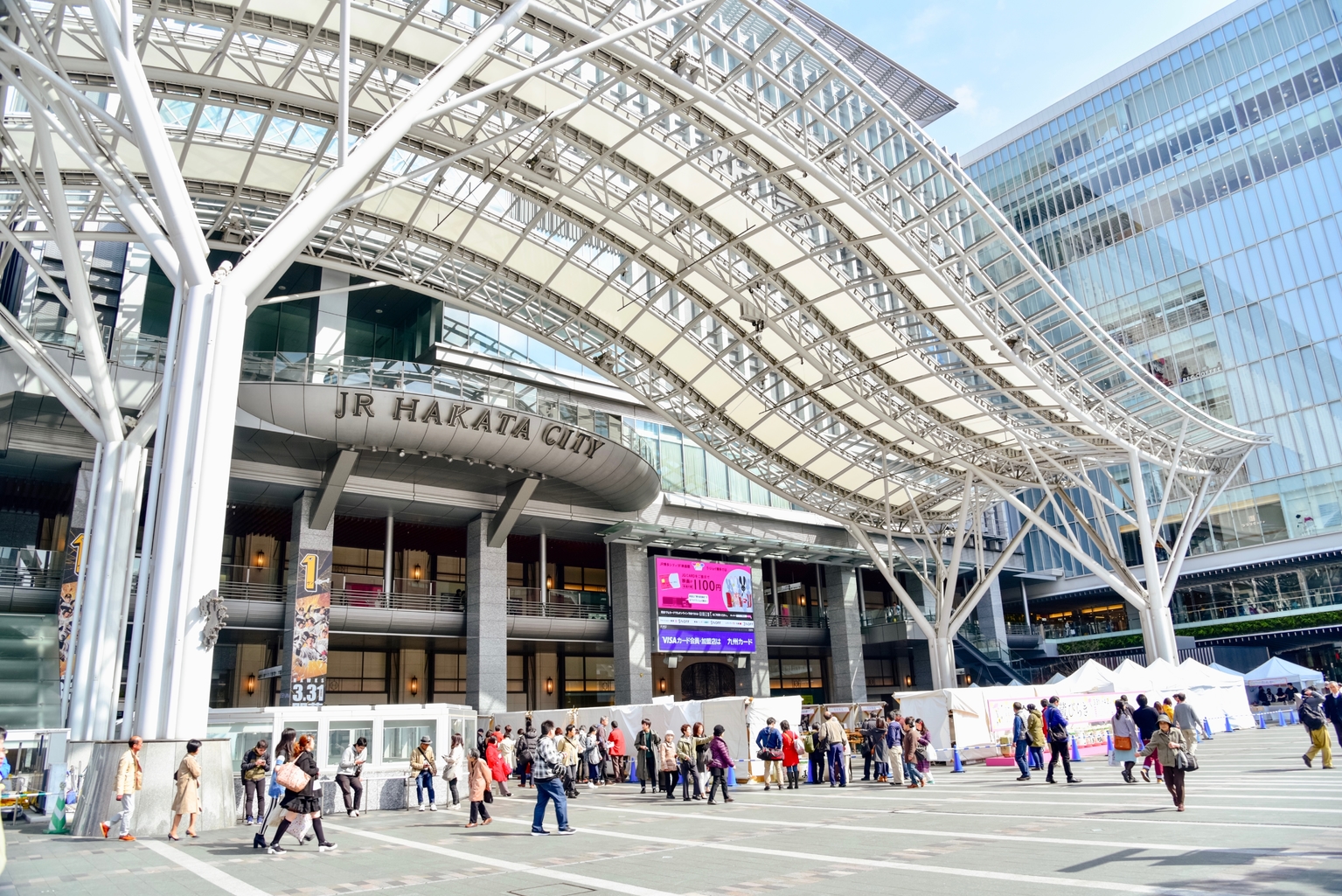
New Mayor, New Vision
In 2010, at 36-years-old, Soichiro Takashima became Fukuoka’s youngest ever mayor. A former TV presenter and countercultural maverick, his ease in front of the cameras, global outlook and ardent support of the “internet of things” made him a breath of fresh air in a political scene dominated by blueblood dynasties and dyed-in-the-wool conventionalism.
Inspired by a visit to Seattle in 2011, Takashima wanted to turn Fukuoka into Japan’s own coastal startup hub, drawing parallels between the cities’ sizes, livability and healthy student populations.
“We were able to externally brand the city as ‘Fukuoka City = Startup’,” says Tetsuaki Miura, Director of the Startup City Fukuoka initiative. “At the same time, it has become possible to maximize the effectiveness of support measures by combining city policies with national systems such as deregulation.”
Following re-election in 2014, Takashima capitalized on Fukuoka’s new status as a National Strategic Special Zone for Global Start-ups and Job Creation – a designation set by then-prime minister Shinzo Abe’s cabinet – by spearheading comprehensive deregulations. These helped erode logistical barriers for new companies through the introduction of corporate tax cuts of 20 percent for the first five years of business and Japan’s first-ever “Startup Visa” aimed at inbound foreign entrepreneurs.
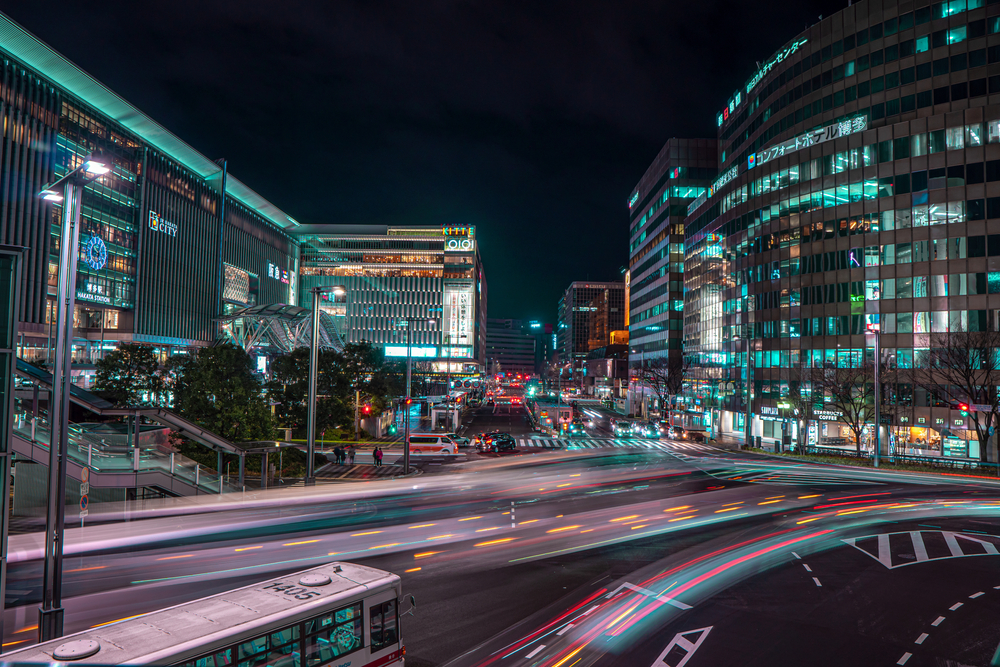
Between 2015 and 2021, 48 companies, primarily in services industries, utilized the visa which streamlines the process for acquiring the Business Management Visa allowing founders to maintain operations in Japan.
In October 2014, StartUp Café was also unveiled. This startup incubator, located in the Fukuoka Growth Next headquarters, assists founders through resources and advice in English and Japanese. It also provides networking opportunities with fellow innovators and potential investors, seminars on starting a business in Japan and help with talent acquisition.
As of the end of 2021, 545 new companies were established through StartUp Café, while 635 foreigners were registered in Fukuoka as holding the Business Management Visa. Fukuoka City also has partnerships with 15 overseas locations, to help startups expand into the global market.
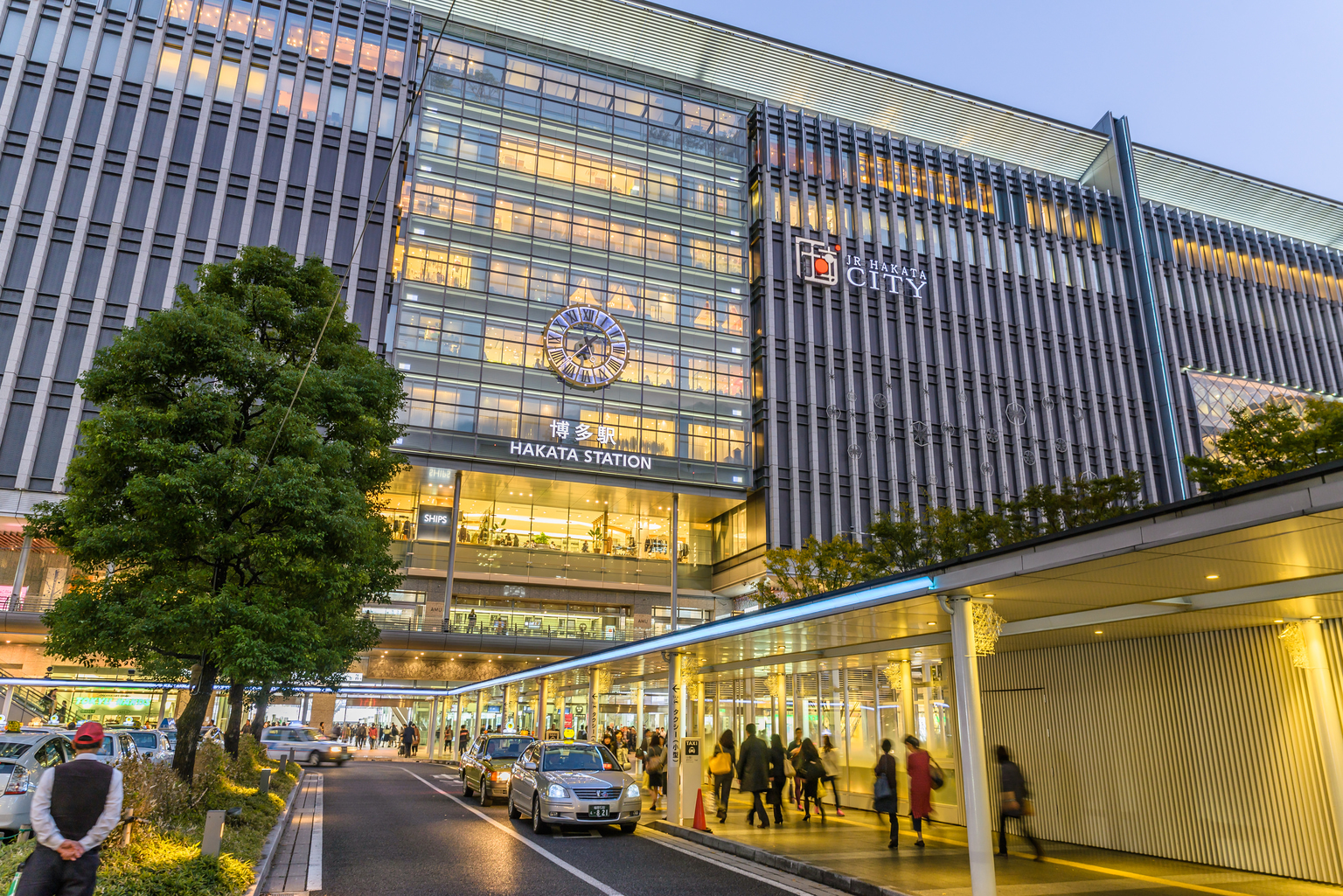
Global Outlook
Fukuoka has the highest growth rate of foreign residents among all the ordinance-designated cities in Japan and fostering a multicultural population has been a driving force behind the local government’s innovation policies. To that end, in 2017, it implemented a rent subsidy for Startup Visa holders, covering up to 50 percent of home and office rental costs for the first year.
Tania Mirella, founder and partner of Dopang K.K., which connects Indonesian and Japanese creative small-to-medium enterprises, moved to Fukuoka in March 2020, encouraged by its comfortable way of life and the comparative ease of starting a business.
“[The government] actively participates in global startup events, and works hard to facilitate and promote startups,” says Mirella. “If you are a foreign founder, it is relatively easy to get exposure.”
She concedes, however, that Fukuoka residents often prefer familiarity to innovation. “Many people living in Kyushu even think that Tokyo is too far away and too strange for them. So, you need to slowly build your local network and reputation,” she says. “Compared to Tokyo, the cost of running a business is very affordable, but the customers can be price sensitive and reluctant to spend.”
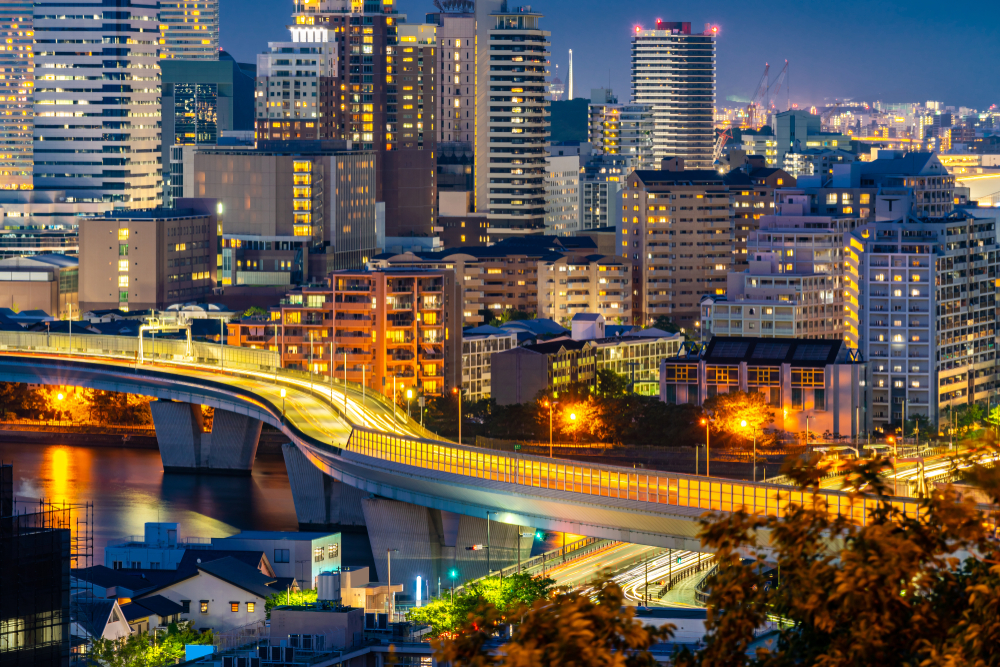
Aaron Hilton, CEO of 3D-tech company Steampunk Digital, also reaped the rewards of setting up a business in Fukuoka. In early 2022, the government designated Steampunk Digital as a Startup Corporate Tax Reduction Company.
“There are many challenges when building a startup in a foreign country: language, bureaucracy and trust with banks and real estate,” he says. “All these things got compounded by the pandemic making business development so much harder.”
But Hilton notes that Fukuoka was an appealing entry point into the Japanese market, where his company has been developing Metaverse technologies. “The city staff helped us secure the tax incentive, connect with the Fukuoka City Museum, and develop a bunch of PR around our various technologies,” he says. “There have been missteps too, especially around immigration procedures… But on the whole, they’ve been great.”
The main challenge for Fukuoka startups now is eschewing a move to Tokyo. There remains an immense pressure to migrate east in order to get serious venture capital investment with hopes of becoming an all-alluring unicorn, a privately held company valued at over $1 billion.
In the age of remote working and decentralization – Tokyo’s population has just dipped for the first time in 26 years (though this could be largely related to Japan’s border policies) – investment from afar might be easier to attain.
And perhaps the dream of becoming Japan’s Silicon Valley, could be well within Fukuoka’s reach.

